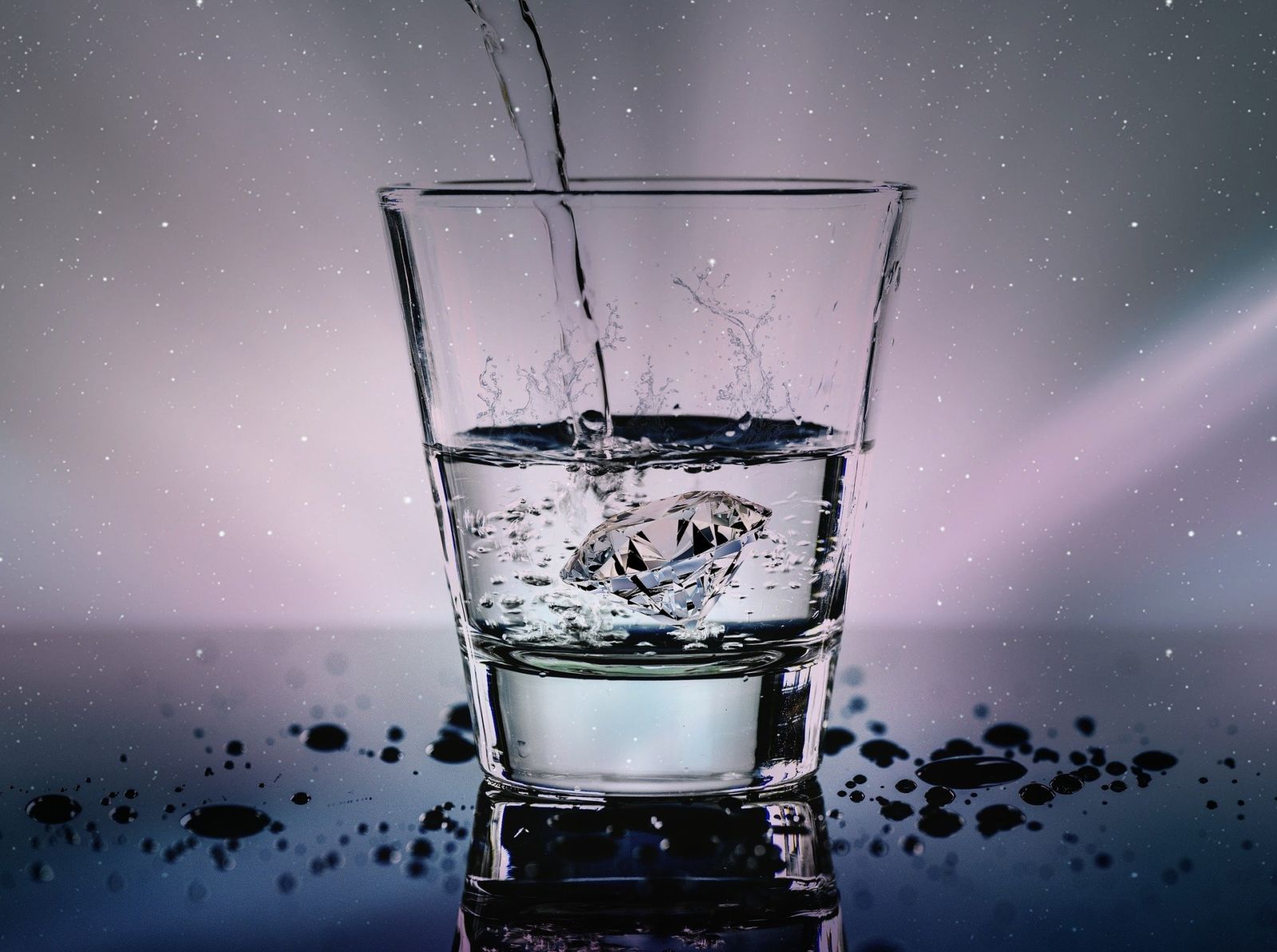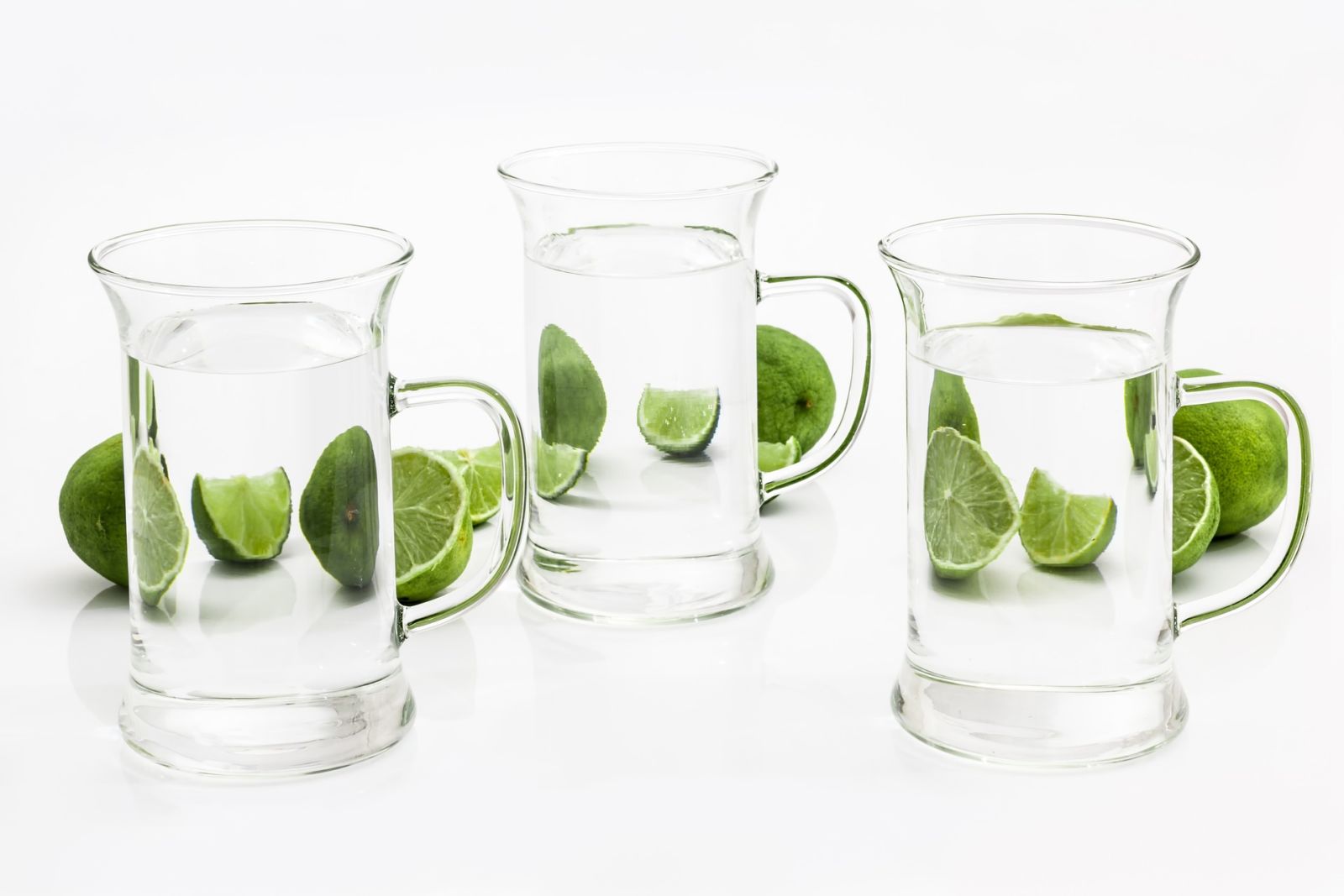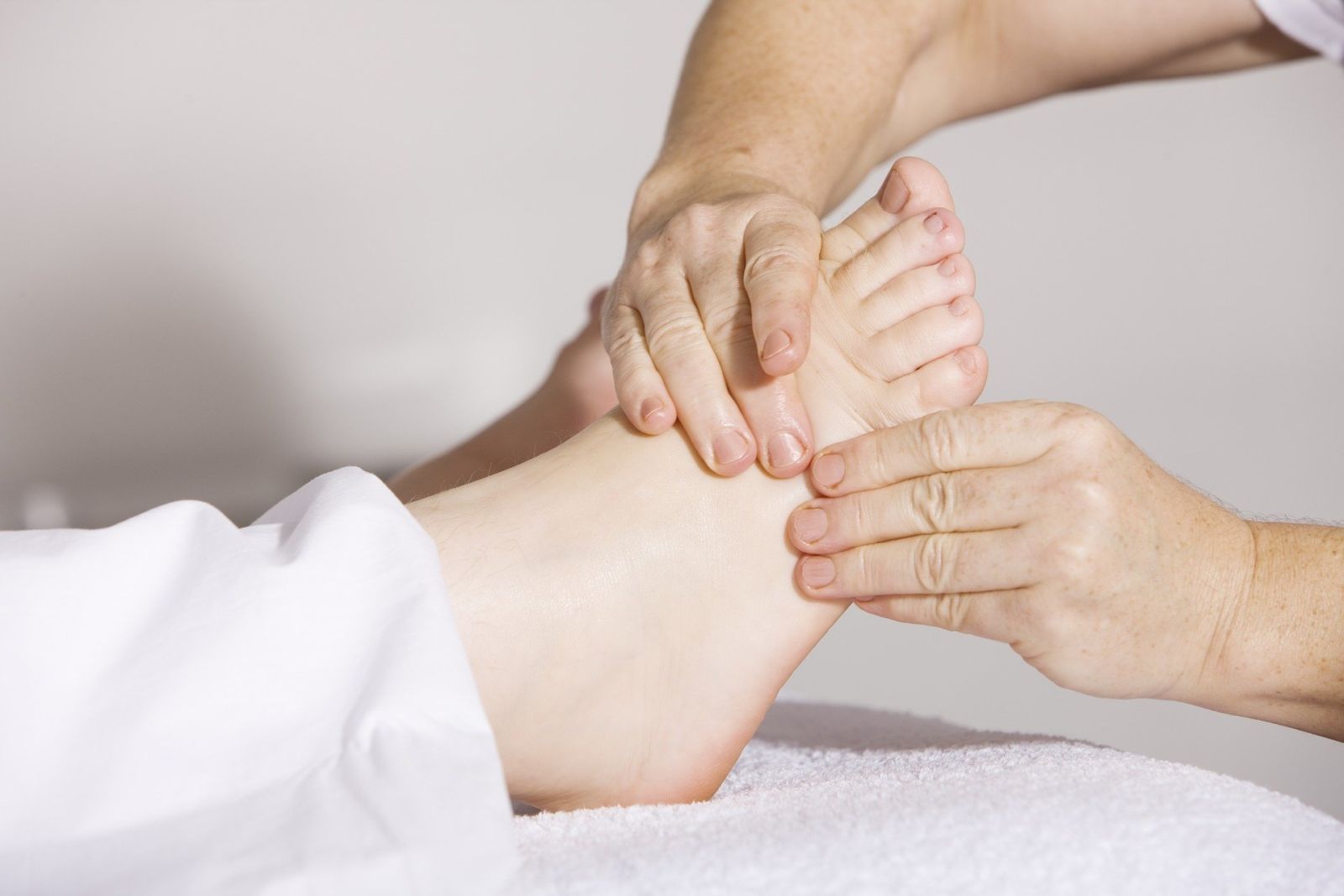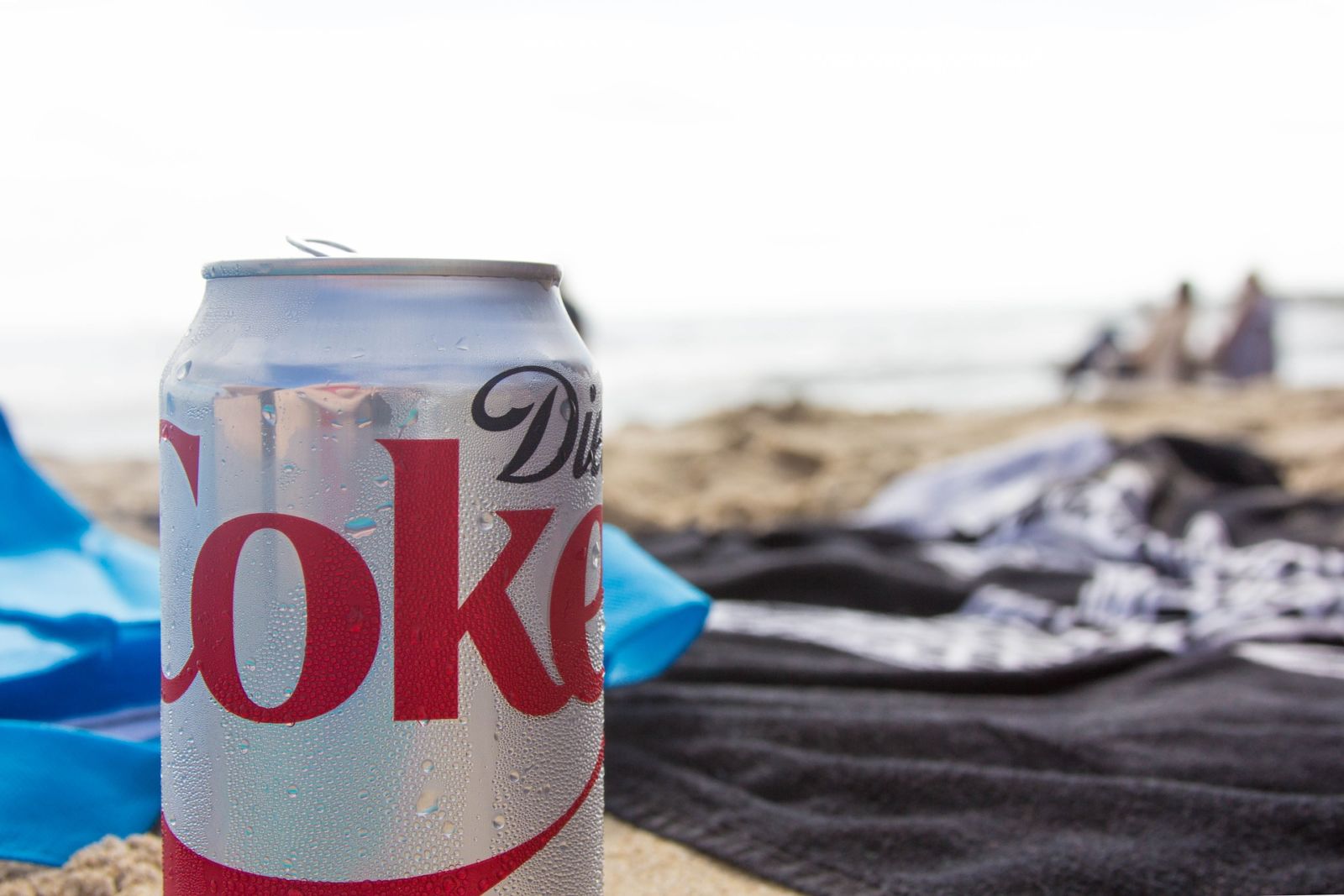This is why moisture is so important for health

On average, the human body consists of 75% of fluid. So it is not surprising that fluid is good for us, after all, fluid levels need to be maintained. Moisture is therefore not only important for weight loss, it is good for our overall health in general.
Moisture is needed:
- For the removal of waste products (via the kidneys/ urine). The kidneys work like filters. As long as they are moist enough, they are able to filter the dirt from your blood and transport it to the bladder so that it can excrete the waste products.
- For the liver! The liver has many functions and can also convert waste products into substances the body needs. The liver stores fat so that it can later be converted into glucose at times when we need more energy. When the kidneys are not sufficiently hydrated and this prevents them from functioning optimally, the liver takes over the task of the kidneys. This compromises its 'own' tasks, causing fat/sugar conversion to take second place!
- To keep the blood fluid so that blood circulation continues to function properly. Through the blood and lymphatic pathways, oxygen, vitamins, minerals, glucose and amino acids are transported to the organs, tissues and cells. This is so that our inner 'factory' keeps running properly.
- To keep metabolic processes running smoothly. Moisture in the saliva, in the stomach and intestines ensure the digestion of food, which keeps the digestive process going.
- For the brain, because our brains are mostly made up of fluid and if there is a lack of fluid, the brain 'dehydrates'. When the liver has to take over the tasks of the kidneys, there will also be a lack of glucose in the brain, which can give you a headache and a tired 'dull' feeling.
Besides the fact that fluid is good for the body anyway, it also plays an important role in losing weight. Not only because it increases urine production and thus you excrete more waste products and cleanse your body, but also because it aids your digestion and ensures good bowel movements.
Those who do a daily 'big message' feel less bloated, suffer less abdominal pain, nausea and... lose weight faster!
Six to eight glasses of water a day is enough to keep you feeling good about yourself.
Ailments due to lack of moisture
When you drink too little, you can suffer from fatigue, lack of concentration, headaches, mood swings, dry mouth, dry hands and/or feet, nausea and weakness. If you recognise these symptoms and often have trouble getting going in the morning, check whether you are getting enough fluids.
You can also tell from your urine whether you are getting enough fluids. If your urine is pale yellow, almost transparent, and does not smell strongly, it means you are drinking enough.
If your urine is dark in colour, somewhat thick in texture and has a strong odour, this is a sign that you need to drink more.
The moment you actually get thirsty, it is actually too late, by then you are already 'drying out'.
This sounds pretty intense, but that's what it comes down to. Especially the brain, which is composed mostly of fluid, suffers.
With mild dehydration, the blood vessels in the brain dilate to still be able to make use of as much of the fluid that is still present as possible, causing them to sit against the meninges. This causes the headache.
The moment your body gets too little fluid, the salt (sodium) level in your blood goes up. This also happens when you have eaten very salty food, which is why you often feel thirsty in the evening after a salty meal.
This is detrimental to your kidneys. Moreover, salt retains fluid, which means you can also retain fluid in, for instance, hands, ankles and feet (oedema). Drinking more will excrete the excess salt and excess fluid through urine.
Water intoxication
Don't think you can drink unlimited water. Water intoxication can occur when you drink three litres or more of water in an hour (!) and eat little to nothing in addition to that.
When you suddenly drink huge amounts of water, salt levels in the blood drop. The cells adapt to this, and will start taking in more and more fluid. This can cause the brain cells to swell to the extent that they start to press against the nerves, which can pinch the blood vessels. can cause oxygen deprivation, resulting in unconsciousness and even coma.
Sometimes this occurs in very fanatical athletes who eat nothing for a long time, drink nothing, exercise a lot (and sweat) and then consume litres of water in a short time after their exertion.
It is a fable that we should drink two litres of water a day!
One and a half to two litres of fluid is recommended, but this may consist partly of water and partly of coffee and/or tea (without sugar).
Prefer not to drink light soft drinks either! The sweeteners used in light drinks are known as 'good for the line'. Nothing could be further from the truth. These sweeteners are quite stressful for the liver!
Our liver plays an important role in breaking down fat in our body. When we consume too many sweeteners, the liver is so busy processing these substances that it does not get around to breaking down fat as much.
So indirectly, these light soft drinks are not that good for the line at all; they actually hinder fat breakdown!
Try to limit drinking light soft drinks as much as possible, and still prefer water or tea without sugar.
The above text previously appeared in the Balance book. The book is now sold out, but may still be available to order second-hand via the link below.
Slimming blog >HOME



